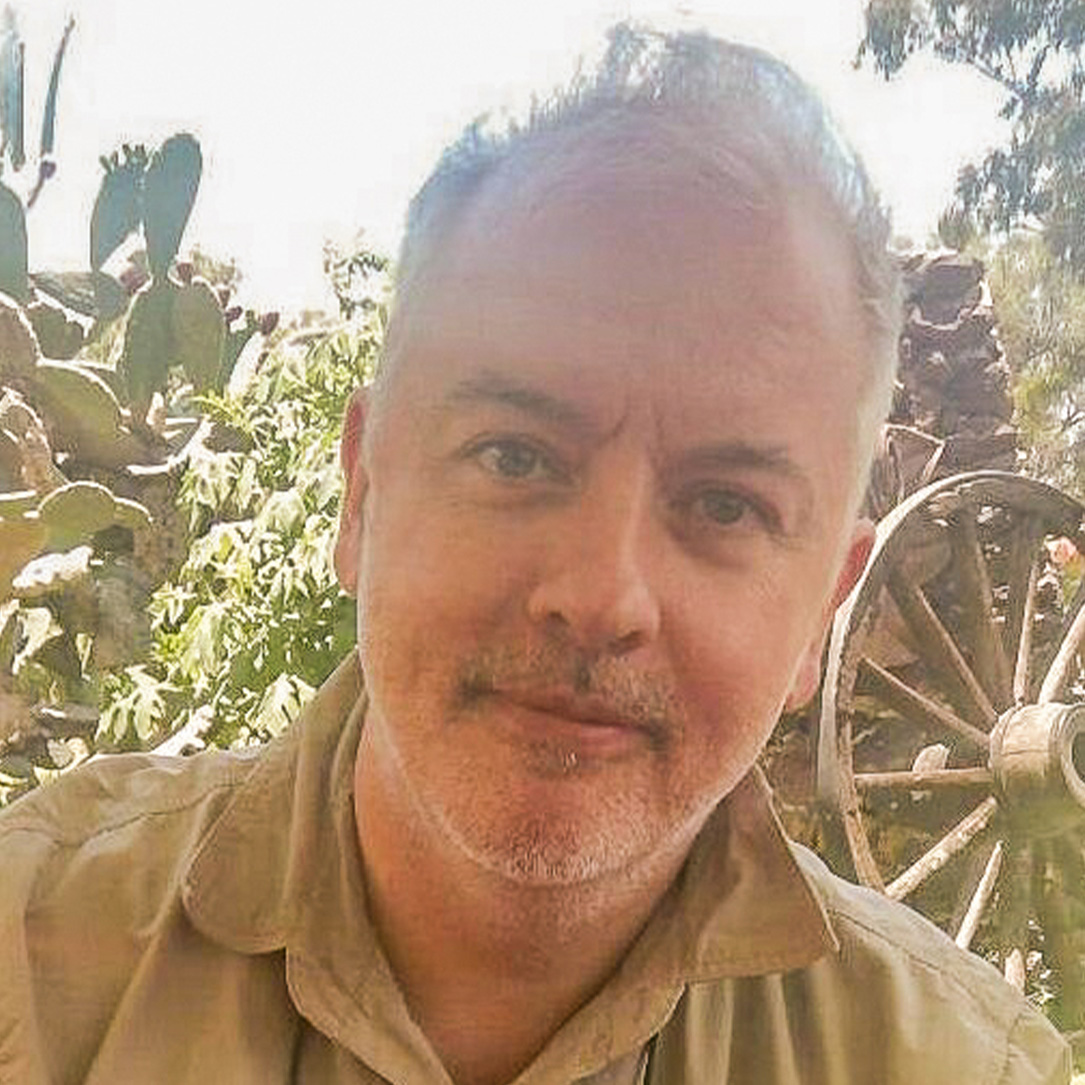
Testimonials

53 years old, lives with MoyaMoya disease
“My name is Jean-Claude, I am 53 years old, married. And I have two daughters with my spouse Fiona.
Ten years ago, one morning end of March my wife insisted that I had a stroke during the night. She thought the two halves of my face were desynchronised. I had felt a little dizzy when getting up but being Diabetic since adolescence I thought I had an undetected low sugar episode.
However, at the hospital we got confirmation that I had indeed had a small stroke. It was mentioned to my wife that I might have MoyaMoya.
Two days after returning home, I had my second stroke. This time I felt the pain on the left side of the brain. Afterwards I was paralysed on my right side and had difficulties speaking.
I spent 5 weeks in the hospital, followed by a few months of re-education. My prolonged stay allowed the neurologists to confirm the MoyaMoya hypothesis.
MoyaMoya is a rare neurological disease, where the blood vessels in the brain close. The brain compensates that by developing a multitude of microscopic blood vessels, invisible on a normal scan. These vessels are however prone to cerebral hemorrhages and thus to strokes.
Last week of June I had my first operation. Called “Burr holes”, it consisted of drilling small holes in my skull, so that the blood vessels under the hair can slowly penetrate inside my brain and compensate for the reduced blood circulation.
Two weeks later I had my second mini stroke, this time on the right side of the brain. Like back in March, three days in the hospital for observation. It had proved that “my” MoyaMoya was not one-sided, as originally thought. So, I underwent Middle of September of the same year my second Burr holes operation, but this time on the right side of the skull.
Since then, I no longer have the same (let’s say) «brain usage endurance», I am feeling a mild to strong tiredness constantly (As a result of MoyaMoya, of my three strokes, or of both, I cannot say) and I have difficulties writing. But I was able to move on professionally, but with adaptations.
I joined ALAN because I think it is necessary to regroup and to show that rare illnesses can be “discovered” at any age, in any shape or forms, visible to the outside or not. And one should be able to speak openly about them, without fear of rejection or discrimination.”

